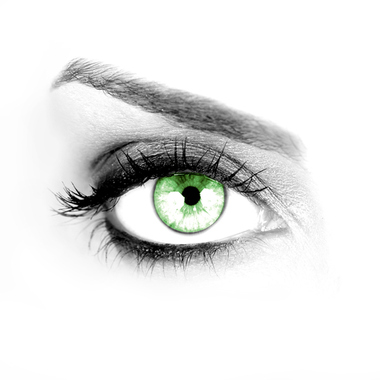“What?” I said. “You didn’t see that?” “No, what are you talking about?” “In front of us. A bird just swooped down and tried to grab a sandwich out of that woman’s hand.” “No kidding, that’s crazy!” “You’re really not that observant, you know that?” He was right. Even though I’m a writer and have been told countless times that keener observation makes for more interesting prose, this is not my strong suit. When I’m out and about, I’m usually in my head too much to carefully process what’s going on around me. You may naturally focus inward, but when you’re at work, being a great observer is critical to your success. You will be better able to size up what’s working and what isn’t, and adapt your approaches to fit your environment. It’s also easier for good observers to pick up on unspoken messages and cues, resulting in stronger and more empathetic relationships with other people. One of my New Year’s resolutions is to practice some techniques that colleagues and friends have shared. Maybe they will help you too.
Be mindful
Once a day, pick a time to relax in a quiet, peaceful place. Close your eyes and let the tension in your muscles go. Try to stop all of the activity in your mind, instead focusing on your breathing and the sounds and smells around you. Acknowledge how the space under you feels. If your mind begins to wander, gently pull yourself back to the present and stay there for 15 minutes or more.
Sit in a public place and journal
Take a few minutes to sit in the park, library, or shopping mall. Really see the people around you and pay attention to what they’re wearing, how they’re walking, and the interactions they have with others. Record the details coming through your senses, such as the construction work that just began one street over, or a late customer banging on the door of a closed store. Write whatever comes to mind, including how the scene makes you feel.
Create stories
When commuting on the train or waiting in line, observe the strangers in the vicinity. Take note of their characteristics and behavior and imagine what their lives are like – where they live, what they do for a living, who their family members are, etc. You can do the same thing with photos of people you spot in magazines or online.
Eat consciously
Instead of wolfing down your lunch while working at your desk, have a meal with no distractions – even conversation. Eat slowly as to observe how the food smells and tastes, and its texture as you chew.
Walk instead of drive
Walking allows you to interact more with your environment, which is helpful in honing observation skills. Note the weather, the amount of commercialization and traffic, the influence of nature, and whether the scene around you is calm or chaotic. Guess what urban planners, residential developers, or landscape architects had in mind when they designed the locale.
Take off your headphones
Similarly, while in transit on foot or in a vehicle, you can better observe your surroundings and listen to interesting conversation and noises if you aren’t devoting all of your attention to your iPod.
Consume entertainment actively
It’s tempting to zone out while listening to a favorite song or watching a great movie. But once in a while, it’s smart to practice your observation skills by thinking about the meaning behind a songwriter’s lyrics, or what the director was getting at when s/he shot a scene a particular way. This may also help you enjoy your entertainment more fully! (Photo credit: Macro shot of a woman’s green eye via Shutterstock)
